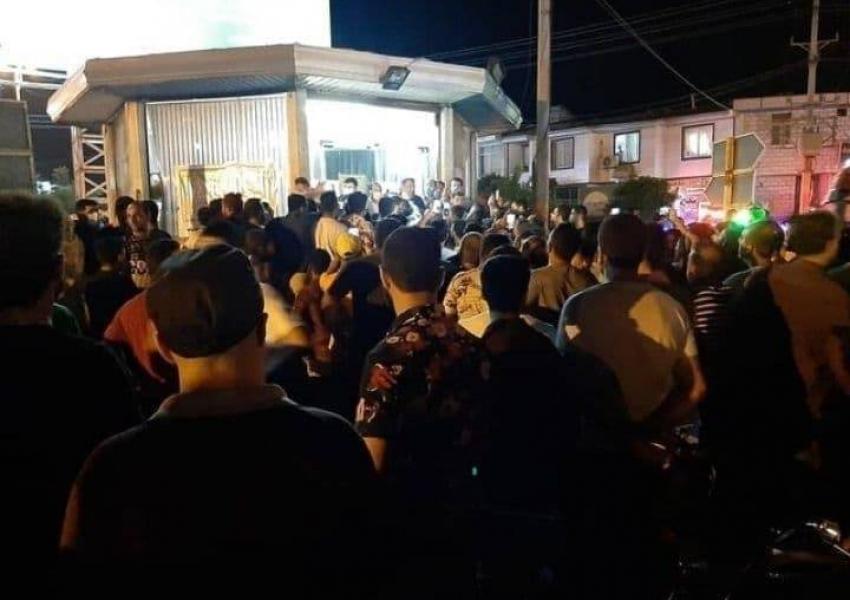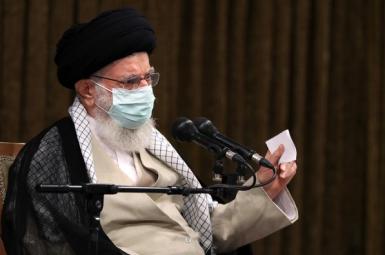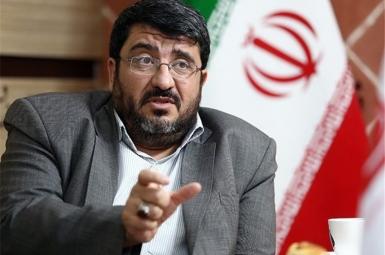
Rouhani Says Iran Can Make A Deal And Resolve Its Financial Vows
The consequences of recurrent and long power outages that have paralyzed Iran in the past week continue to affect the economy and cause new threats to people's lives and assets.
Speaking at a cabinet meeting on Wednesday, President Hassan Rouhani admitted the shortcomings and said his government had plans to upgrade the power system, but he did not have the financial resources to do it. He said, "neither local funds nor foreign investment was available for the upgrade."
But in a new twist Rouhani also said that ending US sanctions, which would provide resources, is up to Iran. “We can decide this very week, or we can decide to prolong it for months,” he said. He was most likely referring to the fact that it is Supreme Leader Ali Khamenei who is to decide if he is ready to put an end to Iran's economic crisis by agreeing to a new deal with the West, particularly with the United States.
Although US President Joe Biden has decided to return to the 2015 nuclear deal abandoned by his predecessor, negotiations since April have failed to resolve differences between Tehran and Washington and US sanctions imposed in 2018 continue to exact a heavy toll.
Rouhani also urged the acceptance of financial reforms demanded by an international watchdog, the Financial Action Task Force (FATF) that has put Iran on its blacklist for lack of safeguards to money laundering and financing of terrorism. Iran’s hardliners have held back approval of laws that would address FATF’s demands and help free Iran’s banking system from international isolation.
In the meantime, analysts appearing in news programs abroad and on social media say that the root cause of electricity shortage in Iran dates to the mid-1990s, as at least the past three presidents have failed to upgrade the power grid and infrastructure to serve an ever-growing population.
Meanwhile, in an odd statement, Rouhani said that other countries including China and the United States have similar power shortage problems!
Some government officials have attributed recurrent power cuts to the Iranian power plants' old age. Vice President Es'haq Jahangiri explained that it is not possible to increase the power plants' output as they are operating with their full capacity. Experts say that power plants will automatically stop working in extremely hot weather. This summer, the temperature has risen to as high as 47 Celsius in areas such as Khorasan in the northeast. Parts of Khuzestan and Hormozgan in the south are expected to have even higher temperatures.
At the same time, businesses have expressed concern over the shortage of raw materials and the impact of power cuts on industrial activity. Reports say businesses have warned about the implications of firing a large number of workers or sending them to compulsory leave without pay as a result of electricity shortage. There are also concerns about the non-payment of wages.
Meanwhile, lawmaker Shabaz Hassanpour said that the electricity shortage has caused heavy losses to the steel industry. "The losses sustained by the steel industry…will lead to a rise in the price of iron products," he said.





